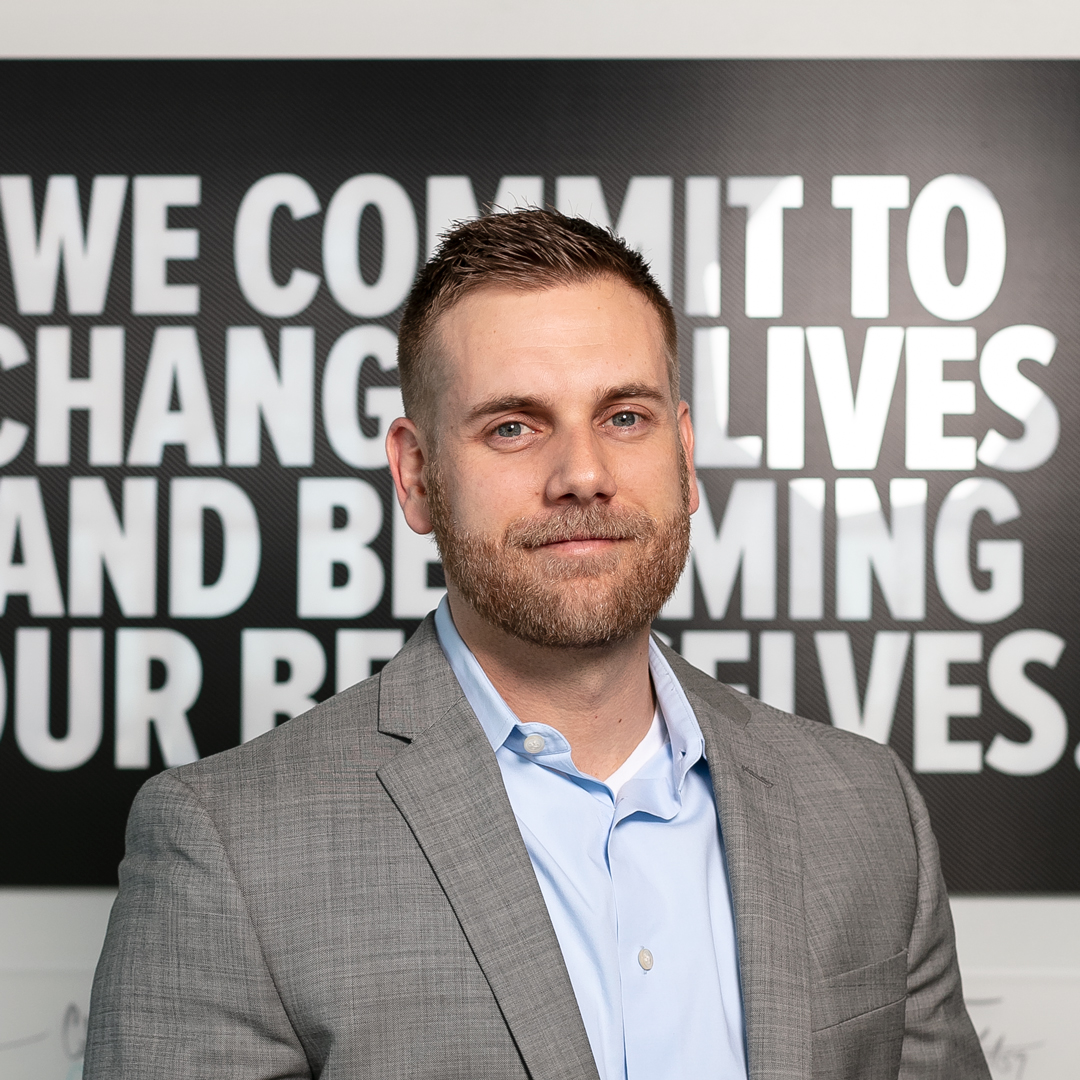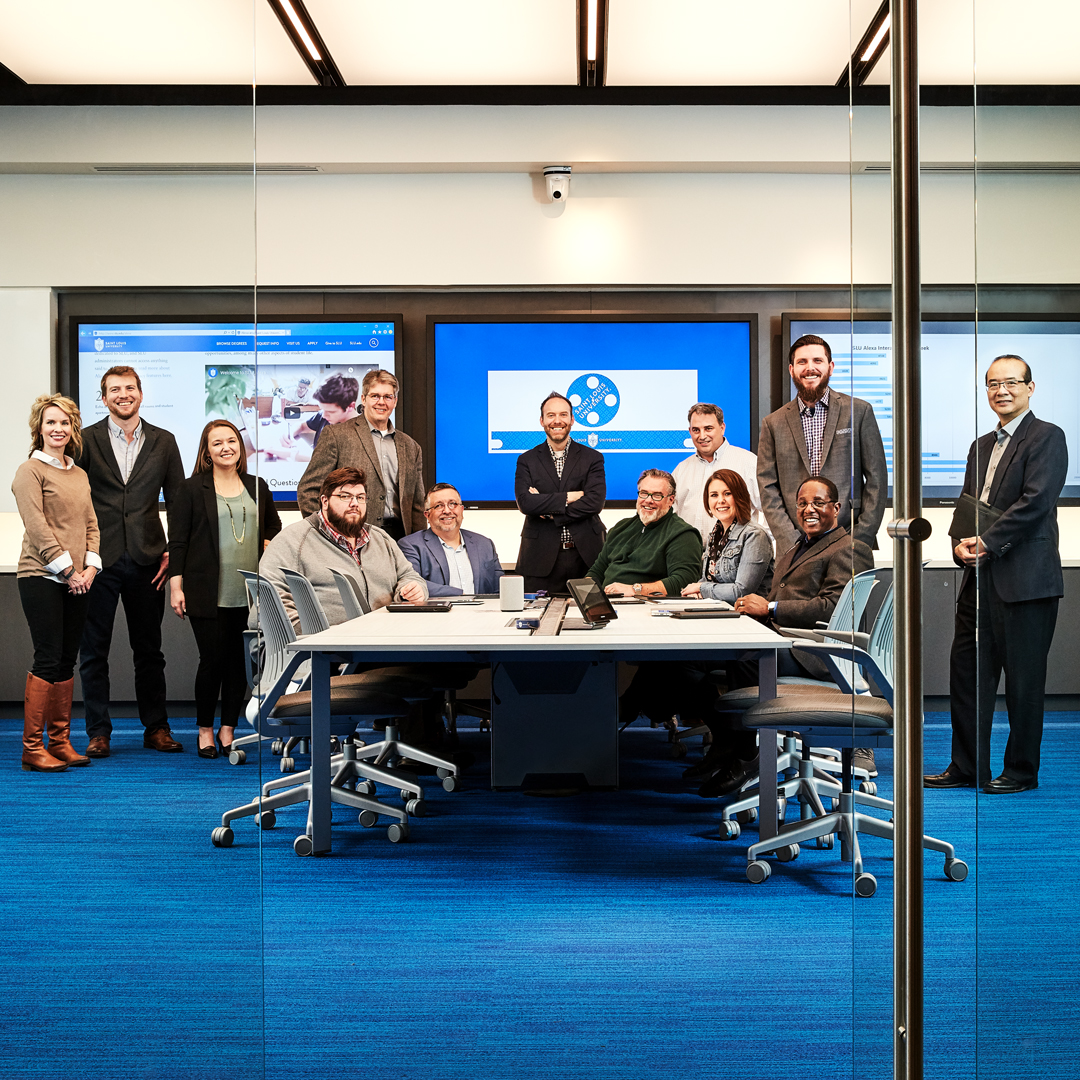Shirell Gross says she understands her shortcomings. “I tend to think fast, move fast, and act fast,” she says. “I have to be cognizant of it and try to make sure that when it gets in the way of productive development, I stop and get more feedback.”
The vice president and head of law for Bayer Pharmaceuticals, Radiology, isn’t talking about the latest round of feedback she’s received, being named one of 2018’s “Most Influential Black Lawyers” by Savoy Magazine. Gross is talking about what she feels like her overarching goal should be in her work, to lead by empowering and developing others. And while her career success includes back-to-back-to-back promotions at her first lawyer gig as an assistant district attorney in the Bronx en route to achieving a personal goal to gain new and diverse experiences, Gross is sure she can do better. And she is intent on finding new ways to grow both herself and those around her.
Gross says her early law experience as a prosecutor continues to inform her later jobs, both in her firm work and later in-house roles. “I’d wanted to be a lawyer since I was a little girl, and, somewhat naively, I think I thought that because prosecutors have all the power, that’s where I could have the biggest impact to achieve justice,” Gross says. “But while the rest of the world tends to focus on the position and the title in terms of power, I really learned that it’s not the position. It’s in the ability to get people behind you.”
In her early work, that meant getting witnesses to understand that Gross was working on their behalf too and letting police know that she empathized and related to them. In other capacities, it’s meant being clear and honest with clients and coworkers. “They have to know that you understand their concerns and want to make them successful,” Gross says. “That was foundational for me.”
While her experiences have been varied, Gross says inefficiency and complacency are usually what end up in her crosshairs if she’s left to her own devices. “I’m always thinking of a new way to handle a process or problem,” Gross says. “If you tell me this is how it’s done, you might as well put a bullseye on it. I’m going to find a different way, especially it means making it more efficient.”
At Bayer, that has meant revamping the contract management process in an effort to keep legal doing the highest value work possible. “We did a significant amount of customer interviews and assessed what value legal was bringing to the process,” she says. A significant amount of lower-tiered work was able to be handled by more appropriate parties and allowed Gross’s team to focus on more business-partner-oriented work.
When it came to the trainings to accompany legal’s shift, Gross says giving paralegals the chance to lead the trainings is an essential part of her leadership approach. It also fits in line with what Gross considers her strengths as a leader. “I love to start new projects, but I have to empower my team to execute it. That’s how you grow and that’s how they grow,” Gross says.
The betterment of others can often mean losing good talent to new and diverse opportunities, but Gross says not exposing your employees to all available opportunities is an ignoring of a fiduciary responsibility. Gross’s legal team is extra lean at the moment because an inordinate number of her team members and direct reports keep getting promoted. “That’s what my job is,” Gross says. “Getting those people developed with the skills to be available for those promotions.”

Photo by Krysti Sabins
Gross’s focus on empowerment goes outside of her day job. She speaks about and conducts leadership development. She teaches a nontraditional women’s Sunday school that works to remind women that “there are people at church who want them to be healthy and happy,” Gross says. “People don’t do a good job of letting people know they value them, and I hope to help underserved communities to remember how important they are.”
The desire to work for the betterment of those around her might also be in Gross’s blood. Her mother was fourteen and in the eighth grade when she gave birth to Gross, but she did everything she could even at that young of an age to make sure her daughter was exposed to programs and activities that she might not be able to provide for her daughter outright.
Between fellowships, scholarships, and a college dean who made it their mission to make sure Gross was always able to register for classes, Gross says she feels it’s her duty give back. “Lawyers become lawyers because they want to help people get where they want to be,” says Gross, who is currently working on a book chronicling her life experiences. “I have an obligation to be part of the fabric of society.”

